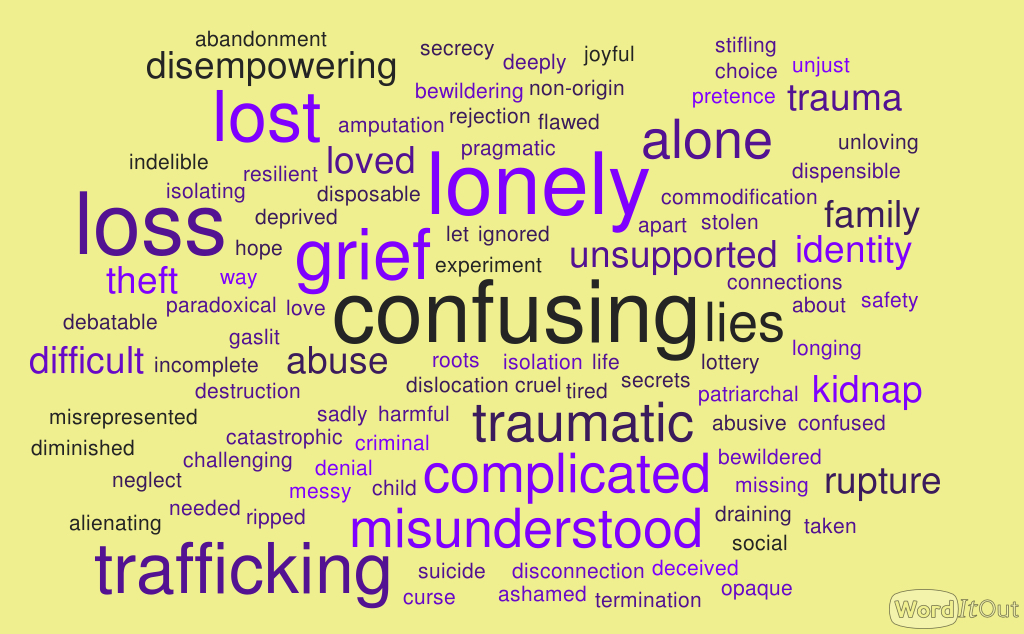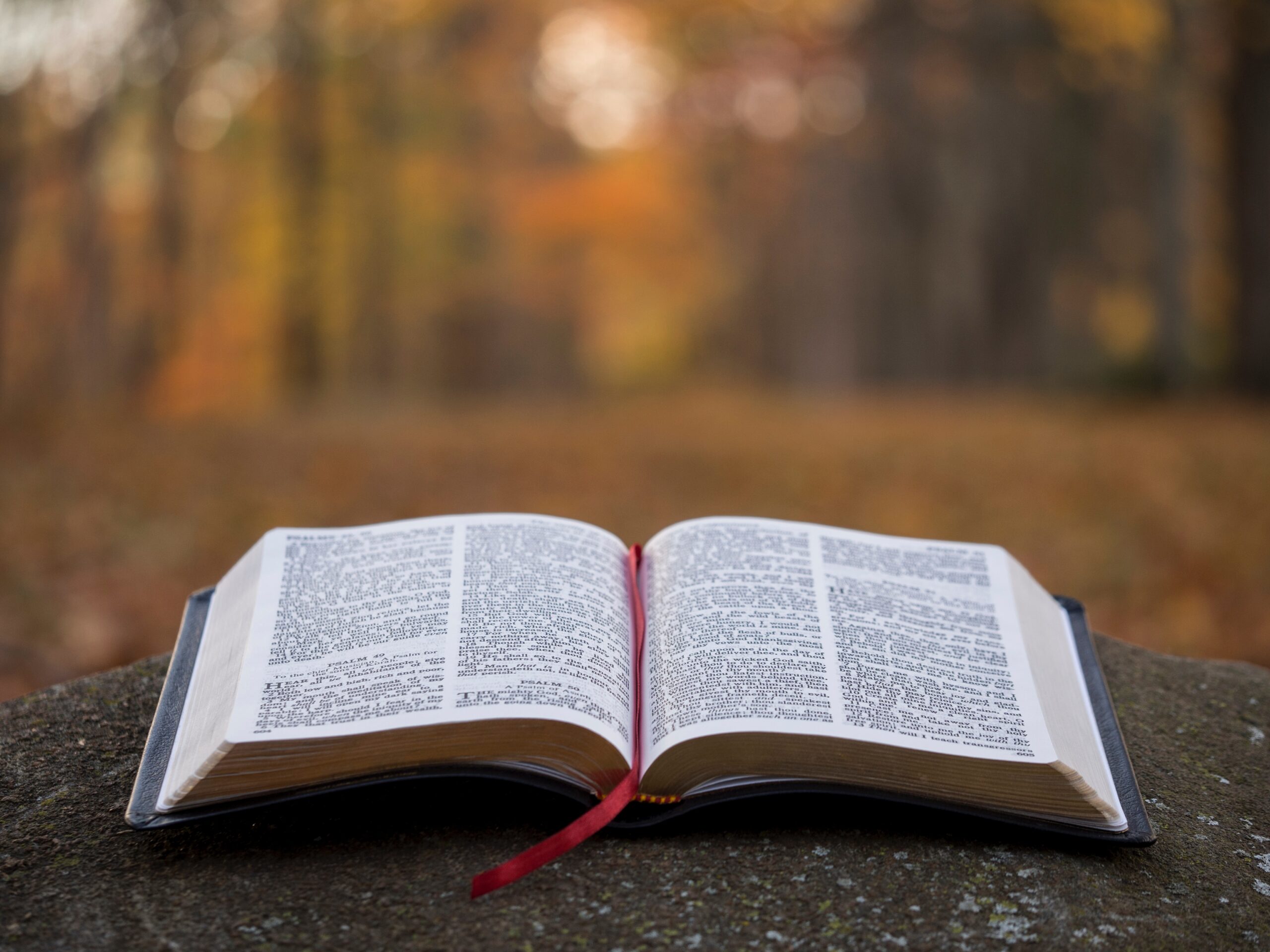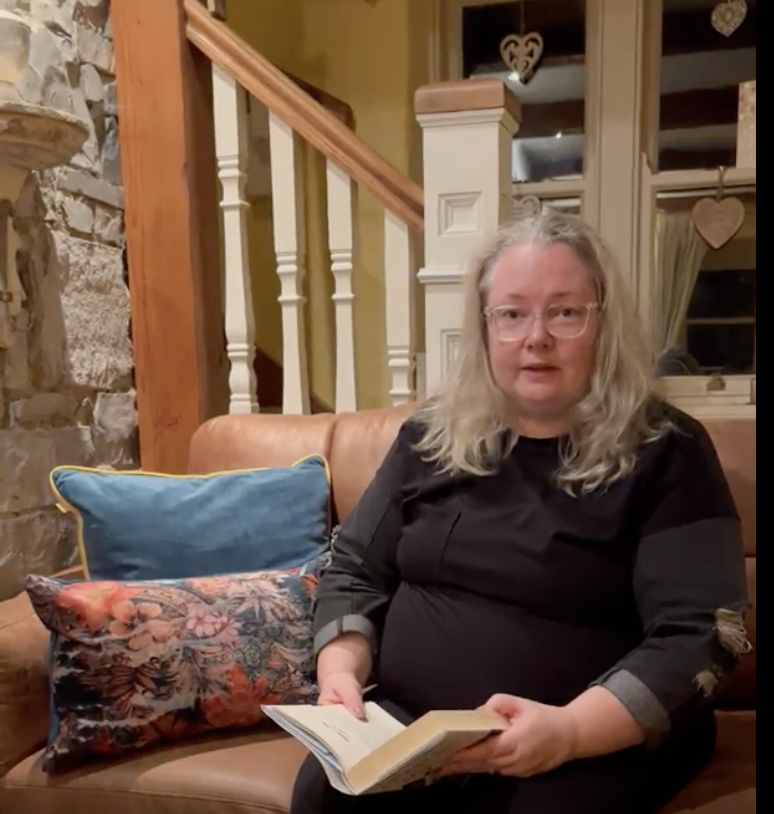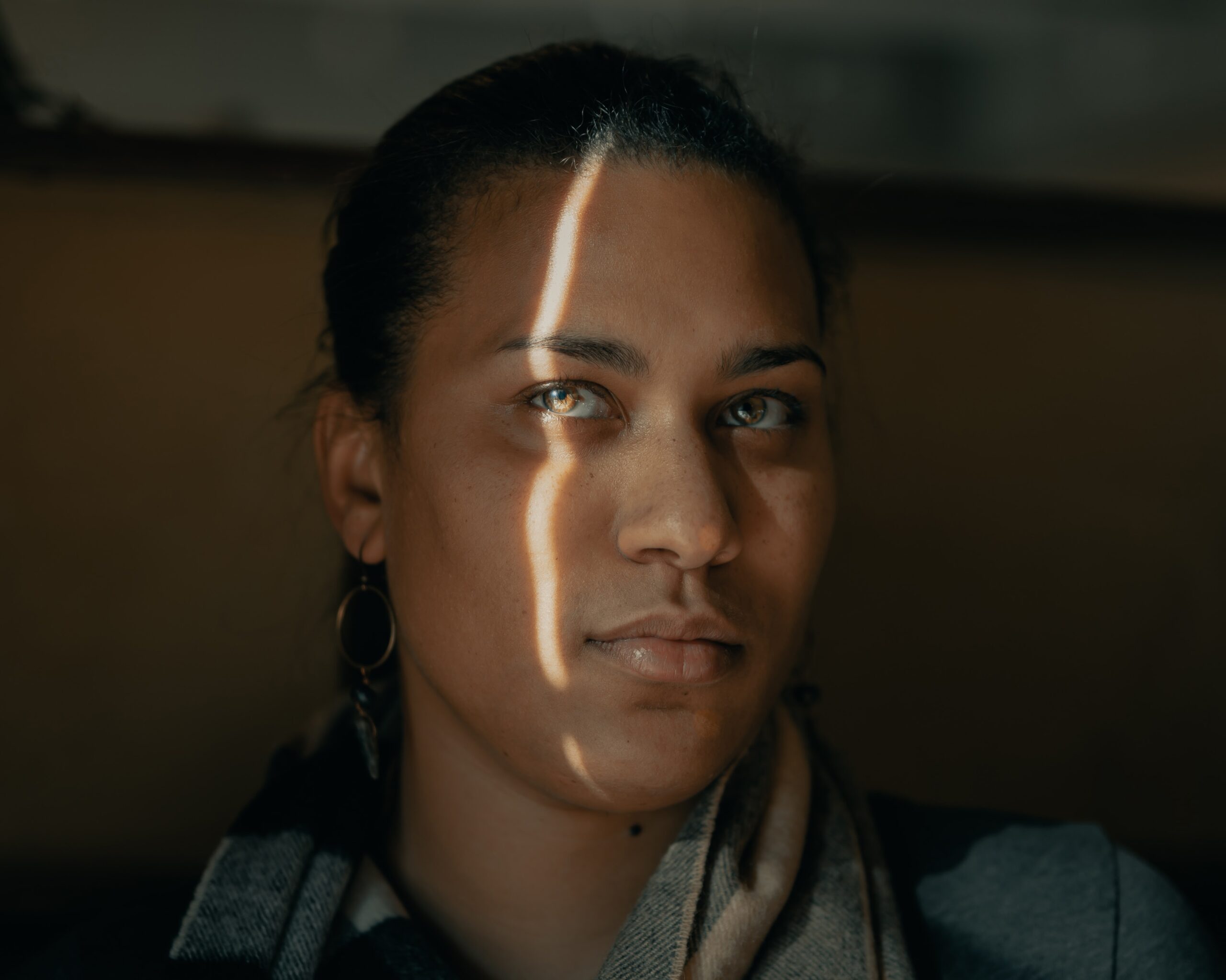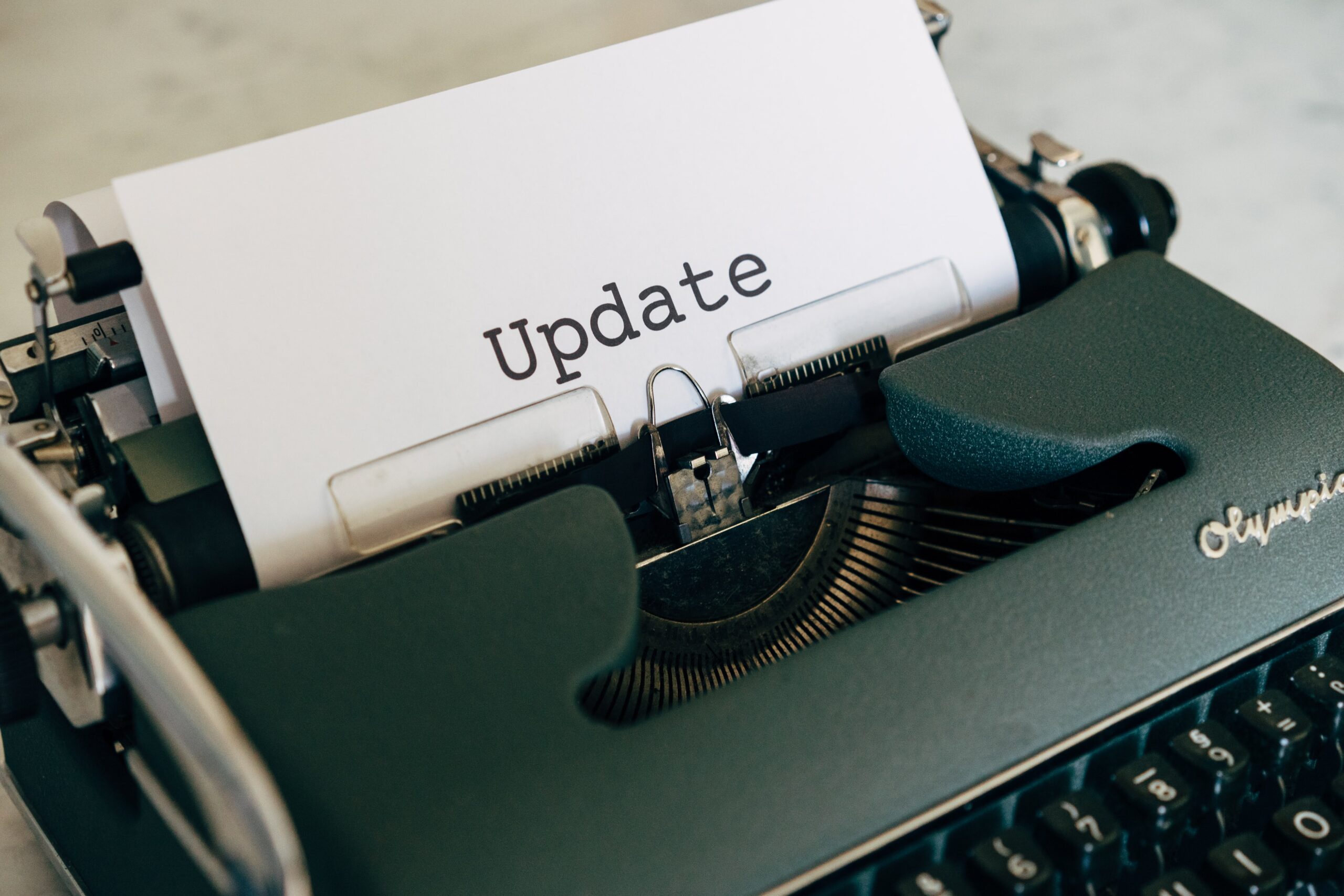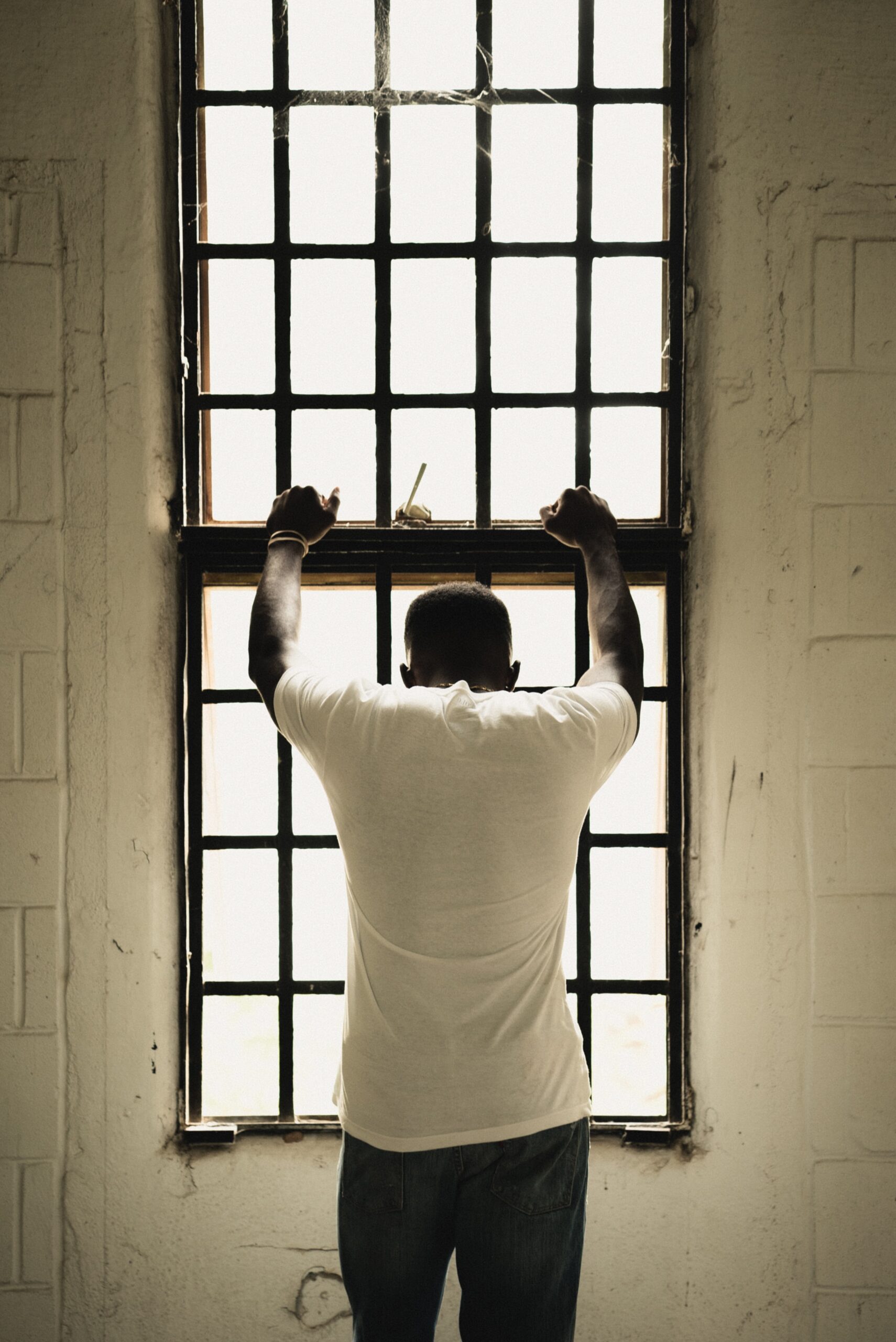I had a ‘good’ adoption but I hate adoption. I hate the sense of not belonging of always being outside/other. I resent the way non adoptees usually view adoption. I wish that I’d had support from someone with insight to work through my issues instead of finding the primal wound in my forties and realising that no not everybody feels or thinks that way about things. It totally screws with your head and relationships, definitely your relationships!
Adoptee Voices 2023
